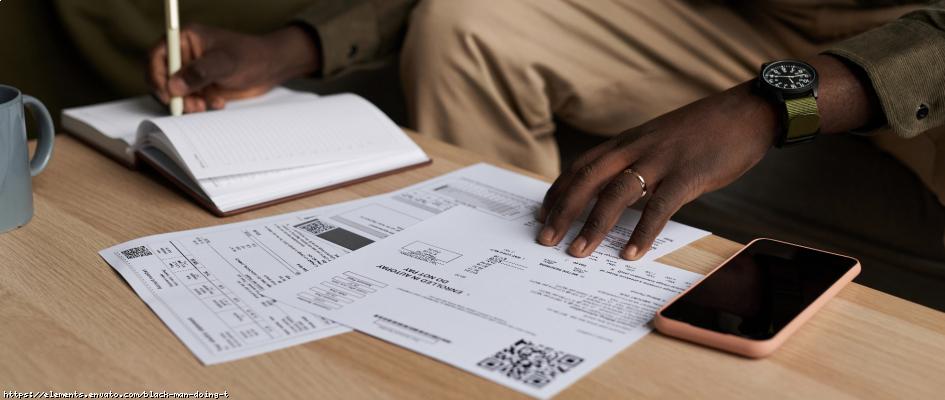Delayed invoice payments are one of the biggest challenges facing UK SMEs. At a time when many small businesses are already suffering from a lack of working capital, not being paid in a timely manner for work that has already been done can have a catastrophic impact on a company’s financial position, potentially even putting it at risk of insolvency.
While there is no all-encompassing solution to the issue of late invoice payment, and it is likely an issue all small businesses will face at one time or another, there are a number of steps that SMEs can take to reduce the risk of not being paid on time and to ensure that they aren’t chasing customers or clients for payment.
Building strong client relationships
One of the most effective strategies to ensure prompt payment is to foster strong relationships with your clients. Positive business interactions not only make your clients more amenable but also allow you to delve deeper into the nuances of their business operations. This familiarity is not just about building trust; it also enables you to understand the specific procedures related to their invoicing. Knowing the right contacts who handle payments and their policies can significantly streamline the billing process.
Establishing clear payment terms
The foundation of smooth financial transactions lies in clear communication, especially regarding payment terms. It’s essential to outline these terms in writing, ideally through a formal contract, before beginning any work. Traditional payment methods like checks can create loopholes for delayed payments. Instead, setting up fixed payment dates through direct debit and implementing penalties for late payments, such as interest charges, can act as effective deterrents against payment delays.
Efficient and direct invoicing
To minimise payment delays, prepare and send invoices immediately after service delivery. Any delay in invoicing can inadvertently lead to corresponding delays in payment. Direct your invoices to the individual responsible for making the payment to avoid unnecessary hold-ups. If the payment authorisation and processing involve different personnel, ensure that all relevant parties receive the invoice.
Accurate invoicing
Accuracy in invoicing cannot be overstated. To avoid delays caused by discrepancies and to facilitate swift payment, ensure that every invoice is clear, accurate, and detailed. Include all necessary information such as correct banking details and a breakdown of services provided to prevent any queries or misunderstandings that might impede the payment process.
Implementing a flagging system for follow-ups
A proactive approach to managing receivables includes having an efficient flagging system that alerts both you and your client about overdue invoices. This system not only helps in maintaining an organised record of dues but also acts as a timely reminder for clients about pending payments. Prompt follow-up on overdue invoices is crucial; however, it’s important to remain professional and courteous during these communications to maintain good business relations.
Leveraging external assistance
If persistent delays occur, don't hesitate to seek external help. The Small Business Commissioner, for example, can provide support and intervention in cases where payments remain outstanding. Utilising such resources can offer you additional leverage and assistance in securing your dues.
Implementing these strategies will not only help in achieving timely payments but also contribute to building lasting and productive relationships with your clients, ultimately benefiting your business’s financial health and client satisfaction.


